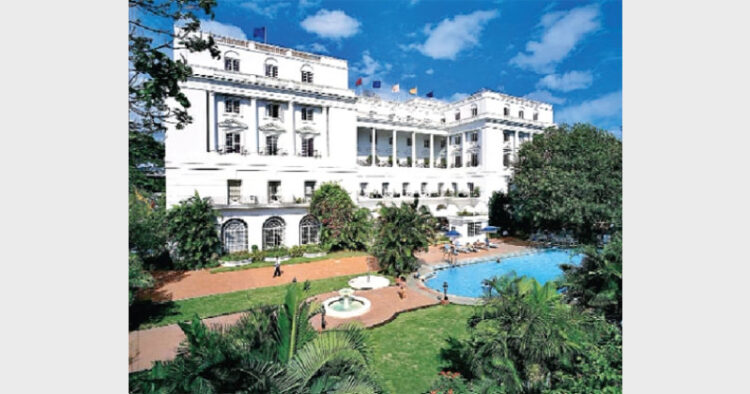R Guruprasad from Bengaluru
The ghost of Wakf Scam is still hounding the Karnataka politics. After rejecting the Minority Commission report on misuse of Wakf Properties by the political and religious leaders, refusal by the Siddaramaiah government to table the Lokayukta Report has strengthened the suspicion that some culprits are being protected by the political masters.
In March 2012, first time the then Chairman of Karnataka State Minorities Commission, Anwar Manipaddy submitted a report to the then chief minister of Karnataka, DV Sadananda Gowda, that exposed the irregularities in managing 57,000 acres of land controlled by the Karnataka Wakf Board. The report was accepted by the then Cabinet of Karnataka. After winning the elections, Siddaramaiah government put the report in cold storage. Under pressure from the opposition, government had to refer the matter for a Lokayukta probe under Section 7(2)(a) of the Karnataka Lokayukta Act in 2013. This year, in March, when the Upa Lokayukta N Ananda submitted his report, the government withdrew the terms of reference of Lokayukta. Obviously the allegations of shielding some prominent leaders is gaining strength in the corruption stricken Karnataka.
According to BJP leader KS Eshwarappa, those accused in the Wakf Scam had disposed the property to the tune of 57,000 acres which was worth more than Rs 2.3 lakh crore to Rs 15 lakh crore. In fact, Legislative Council chairman DH Shankaramurthy had given a ruling in favour of tabling the report. However, Siddaramaiah government was adamant on not tabling the report. Anwar Manippady, the then Chairman of State Minority Commission had gone for the detailed survey of Wakf properties and reported wide spread irregularities in his report. In February 2016, the Chief Justice of the Karnataka High court asked the government to table the report; when that was not done, the court issued a contempt notice to Chief Secretary and Principal Secretary, says Manipaddy.
Another Related Interview : Justice for Muslims is my Aim
The Looting of Wakf
The Wakf Report goes in detail on various irregularities conducted by the Board over the years in collusion withthe powerful ministers. The Manippady Commission went into details on encroachments and irregularities of Wakf properties across Karnataka. For example, the rental rates in Bengaluru is one of the highest in India. When this is the case, the Wakf Board had leased a four-acre property to a five-star hotel for a mere rent of Rs 7,100. The report states that there are glaring instances of the Wakf Board's failure in its paramount function of protecting the Wakf property as per the Wakf Act. As a result, there are instances of heavy financial losses to the Board. This directly derpives the poor beneficiaries for whom the Wakf property is meant.
As a case study, the committee made an in depth examination of a 90 year lease of a prime and valuable large piece of Wakf property on which a five star Windsor Manor hotel in Bengaluru has been running. The area of this Wakf property is around four acres and the Wakf was created by Aga Ali Askar by a will in 1880 and was under the management of the family member namely descendants of the said Wakf. From the lease deed furnished by the Board of Wakfs, the period of lease which originally was for a period of 30 years, subsequently extended to 50 years and was further extended 50 years and then to 90 years before the expiry of the earlier lease without specifying any reasons. For four acres, the hotel had to pay Rs 3,100 per month between 1973-78. Between 2013-2018, the hotel has to pay a mere Rs 7,100.
Reforming the Wakf Board
The commssion had reccomended various reforms in tune with the Wakf Act like non-violation of basic principles of the Wakf and Shariat laws like ban on sale of liquor on Wakf Properties.
The Committee also recommended handing over the entire Wakf Board's ill happenings and fraudulent acts to Lokayukta for a thorough investigation. Unfortunately, the case specific investigation by Lokayukta is also gathering the dust as someone is interested in not making it public.














Comments